On the evening of November 17, at the 51st Session, the National Assembly Standing Committee gave opinions on the AI Law project, under the chairmanship of National Assembly Chairman Tran Thanh Man and the direction of National Assembly Vice Chairman Le Minh Hoan.
Overview of the Session.
Tight legal corridor to control risks and promote innovation
Regarding the necessity and purpose of the AI Law project, Minister of Science and Technology Nguyen Manh Hung said that the Law project consists of 08 Chapters and 36 articles, aiming to institutionalize the Party and State's policies, create a breakthrough legal corridor for artificial intelligence; create a favorable legal environment to promote innovation, improve national competitiveness; at the same time manage risks, protect national interests, human rights and digital sovereignty.
The AI Law Project ensures the institutionalization of policies and orientations identified in Party and State documents and resolutions. This is a framework law, flexible and adaptable to the development of technology.
The AI Law systematically and comprehensively stipulates measures to ensure balance between management and promotion of research, development, deployment and application of AI in Vietnam. It puts people at the center with the supreme principle that AI serves people, does not replace people, and people supervise artificial intelligence in important decisions; AI must be transparent, responsible and safe.
The AI Law manages AI systems according to risk levels, encourages domestic AI development and AI autonomy, takes AI as a driving force for rapid and sustainable growth, and ensures national digital sovereignty .

Minister of Science and Technology Nguyen Manh Hung and Deputy Minister of Science and Technology Pham Duc Long attended the meeting.
Minister Nguyen Manh Hung said that the content of the AI Law inherits and abolishes the provisions on AI in the Law on Digital Technology Industry (No. 71/2025/QH15); fills legal "gaps" to perfect the law on AI. At the same time, selectively refer to the law and practical experience on AI development trends of a number of countries in accordance with Vietnam's practical conditions, the law and international treaties to which Vietnam is a member.
The Law regulates the promotion of research, development, provision, deployment and use of AI systems; the rights and obligations of relevant organizations and individuals; and state management of these activities in Vietnam. The subjects of application of the Law are Vietnamese agencies, organizations and individuals and foreign organizations and individuals engaged in the development, provision, deployment and use of AI systems in Vietnam or having AI systems that produce results used in Vietnam.

Minister of Science and Technology Nguyen Manh Hung reported at the meeting.
On behalf of the appraisal agency, Chairman of the National Assembly's Committee on Science, Technology and Environment (KH,CN&MT) Nguyen Thanh Hai said that, based on the study of the draft Law dossier, survey results, and opinions at the Plenary Session, the Committee has issued Appraisal Report No. 4439/UBKHCNMT15 dated November 17, 2025, examining the draft Law and sending it to the National Assembly Standing Committee.
Regarding the viewpoint of balancing management and promoting development (research, development, deployment and application of AI in Vietnam), the Committee for Science, Technology and Environment found that the connotation of the "balanced" approach is unclear and not really suitable. Management and promotion are not two opposing goals; transparent and effective management is the foundation and basis for promoting sustainable development. This is a very core and fundamental issue that governs the entire design of regulations and policies in the draft Law, which will directly affect the effectiveness of implementation and socio-economic impacts after the Law is promulgated. If management is too tight, there is a risk of hindering strong development, limiting capacity and competitive advantage. If management is too loose, it will be difficult to control risks, adverse impacts, and unpredictable consequences. Therefore, the Committee on Science, Technology and Environment recommends that the drafting agency study and determine the policy viewpoint for building the Law in the direction of replacing the phrase "balance" with "harmony between management and promotion" for the chain of related subjects to ensure feasibility.
Regarding the viewpoint of building a Framework Law, the National Assembly's Committee on Science, Technology and Environment agrees with the viewpoint of the Drafting Agency. In addition, there are opinions that the development of AI in the world is evolving rapidly, many issues are unpredictable or difficult to predict, so although it is a Framework Law, amendments and supplements to the law in a short time may occur. There are also opinions that the AI Law is the original Law and each specialized Law should have a separate chapter on AI in a specialized and in-depth field.
Regarding the constitutionality, legality, consistency of the draft Law with the legal system and compatibility with international treaties, the Committee on Science, Technology and Environment found that the content of the draft Law is basically consistent with the provisions of the Constitution and consistent with the legal system. However, it is recommended that the reviewing agency continue to review the consistency with a number of laws, such as the Civil Code, the Law on Product and Goods Quality, the Law on Technical Standards and Regulations, etc., and clarify the relationship between this Law and related specialized laws (in the fields of education, health, transportation, press, etc.), the draft Law on Intellectual Property (on the issue of intellectual property rights protection for products created by AI, on the content of general education, university and vocational education programs on AI).
Regarding compatibility with international treaties, the Committee on Science, Technology and Environment proposed to continue to review and update the content of the United Nations Convention against Cybercrime (Hanoi Convention) which was recently signed in Hanoi on October 25-26, 2025.

Chairman of the National Assembly's Committee on Science, Technology and Environment Nguyen Thanh Hai speaks at the meeting.
Laying the foundation for a comprehensive governance framework law
Contributing his opinions to the AI Law project, Vice Chairman of the National Assembly, Senior Lieutenant General Tran Quang Phuong, suggested that the drafting agency study and classify the risk levels and the prohibited and non-prohibited items to be included in the AI Law project. In addition, it is necessary to consider the use of AI to avoid affecting national security and defense; management and operation of energy, aviation and factors related to human health.
According to Vice Chairman of the National Assembly Tran Quang Phuong, the AI Law project is related to the Law on Cyber Security and the Law on Personal Data Protection, so the Drafting Agency should conduct research to ensure consistency in the management of competent authorities. In addition, Vice Chairman of the National Assembly Tran Quang Phuong also requested the Drafting Agency to conduct additional research on the impact of AI on the brain and the decline in children's learning ability, as well as find solutions to prevent the impact of AI on these issues.
Presenting his views and directions at the meeting, National Assembly Chairman Tran Thanh Man said that the National Assembly has issued the Law on Digital Technology Industry, which includes a chapter on AI to establish an initial legal foundation of principles for the development and application of AI. However, these regulations have not yet formed a comprehensive legal corridor, which is open enough and facilitates the research, development, deployment, use of AI and a comprehensive AI ecosystem.
Affirming that AI is not only the development of science and technology but is also becoming a core driving force for socio-economic development, national security and international integration, National Assembly Chairman Tran Thanh Man emphasized that the promulgation of the AI Law for Vietnam to develop and manage AI in the coming time is necessary. Besides the benefits brought by AI, there are also many challenges such as cybersecurity risks, privacy violations, discrimination and treatment, the risk of AI abuse for bad purposes... Without a tight and timely legal framework on AI, Vietnam may trade off development with uncontrollable consequences. Therefore, the AI Law must ensure 4 main pillars:
First, promote innovation and create a clear legal corridor for research, application and commercialization of AI.
Second, ensure human rights, transparency, fairness, and accountability in all AI systems.
Third, risk management, classifying AI according to the impact level as low, medium, high, unacceptable and applying corresponding measures.
Fourth, harmonize international cooperation and global standards; while upholding national data sovereignty.
According to National Assembly Chairman Tran Thanh Man, the draft Law needs to ensure its own uniqueness, put people at the center, ensure cybersecurity, national autonomy and international integration, sustainable inclusive development, balanced and harmonious governance. The classification of AI management according to risk level is an innovative highlight, helping to effectively control AI systems that can affect national security, human rights and social order. Vietnam needs to learn from experience while doing, upgrade while doing, and learn while doing.
In addition, National Assembly Chairman Tran Thanh Man also noted that the agency drafting the AI Law project needs to carefully study the contents mentioned in the Law project to ensure feasibility and avoid overlapping with specialized laws. The promulgation of the Law is only a framework law, the Government will be responsible for detailed implementation guidance issues.

National Assembly Chairman Tran Thanh Man gave a speech at the session.
Concluding the session, Vice Chairman of the National Assembly Le Minh Hoan said that the National Assembly Standing Committee highly appreciated the Government, the Ministry of Science and Technology, the National Assembly's Committee on Science, Technology and Environment and the National Assembly's agencies for actively and resolutely preparing the AI Law project dossier and organizing research and examination in a short time.
Although the AI Law project has many new, complex, and specialized contents and the preparation time is very urgent, the Government, the Ministry of Science and Technology, the Committee on Science, Technology and Environment, and the agencies of the National Assembly have tried very hard to perform their assigned tasks to ensure the quality of the draft Law submitted to the National Assembly for consideration and approval.
Vice Chairman of the National Assembly Le Minh Hoan requested the Government to direct the drafting agency and relevant agencies to review, research, absorb, and fully explain the opinions of the National Assembly Standing Committee at the meeting, the review opinions of the Ethnic Council, and the National Assembly agencies to agree that this is a framework law to be submitted to the National Assembly for consideration.
In addition, the National Assembly Standing Committee agreed to submit the AI Law project to the National Assembly for consideration and comments at this session. The drafting agency is fully responsible for the results of receiving, revising and ensuring the quality of the draft Law submitted to the National Assembly Standing Committee; assign the National Assembly's Committee on Science, Technology and Environment to preside over and coordinate with the Nationalities Council and the National Assembly's Committees to examine the AI Law project; report to the National Assembly for consideration and decision according to the program of the 10th Session of the 15th National Assembly.
Vice Chairman of the National Assembly Le Minh Hoan delivered concluding remarks at the session.
The AI Law not only paves the way for innovation, but also establishes pillars for risk management, human rights protection and digital sovereignty. This is a key step to help Vietnam master AI, develop sustainably and safely in the digital age.
Center for Science and Technology Communication
Source: https://mst.gov.vn/luat-tri-tue-nhan-tao-4-tru-cot-chinh-de-phat-trien-ai-an-toan-ben-vung-197251117232117403.htm


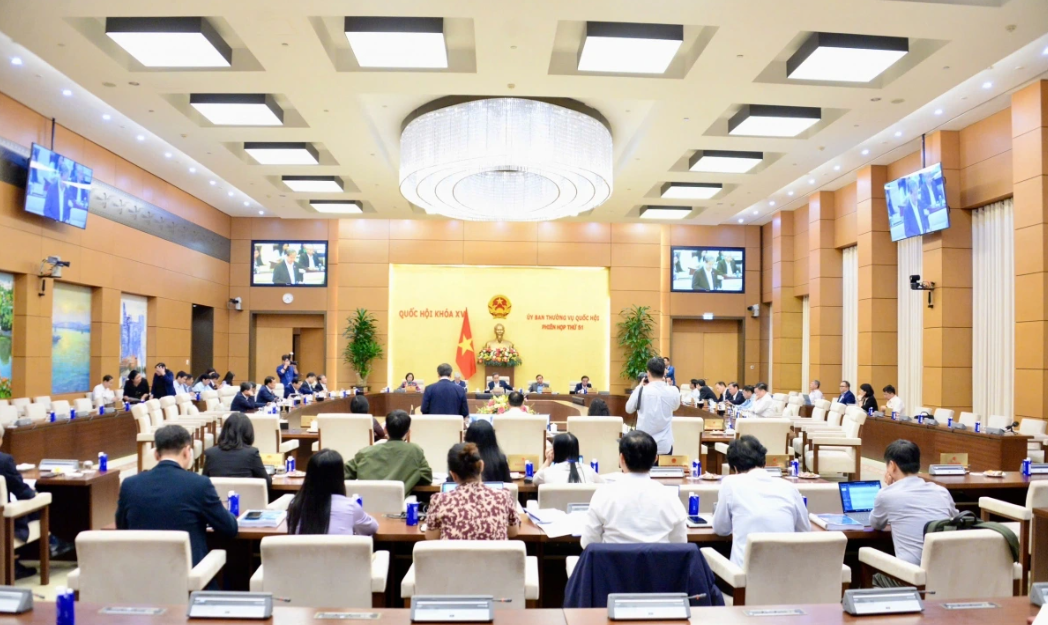
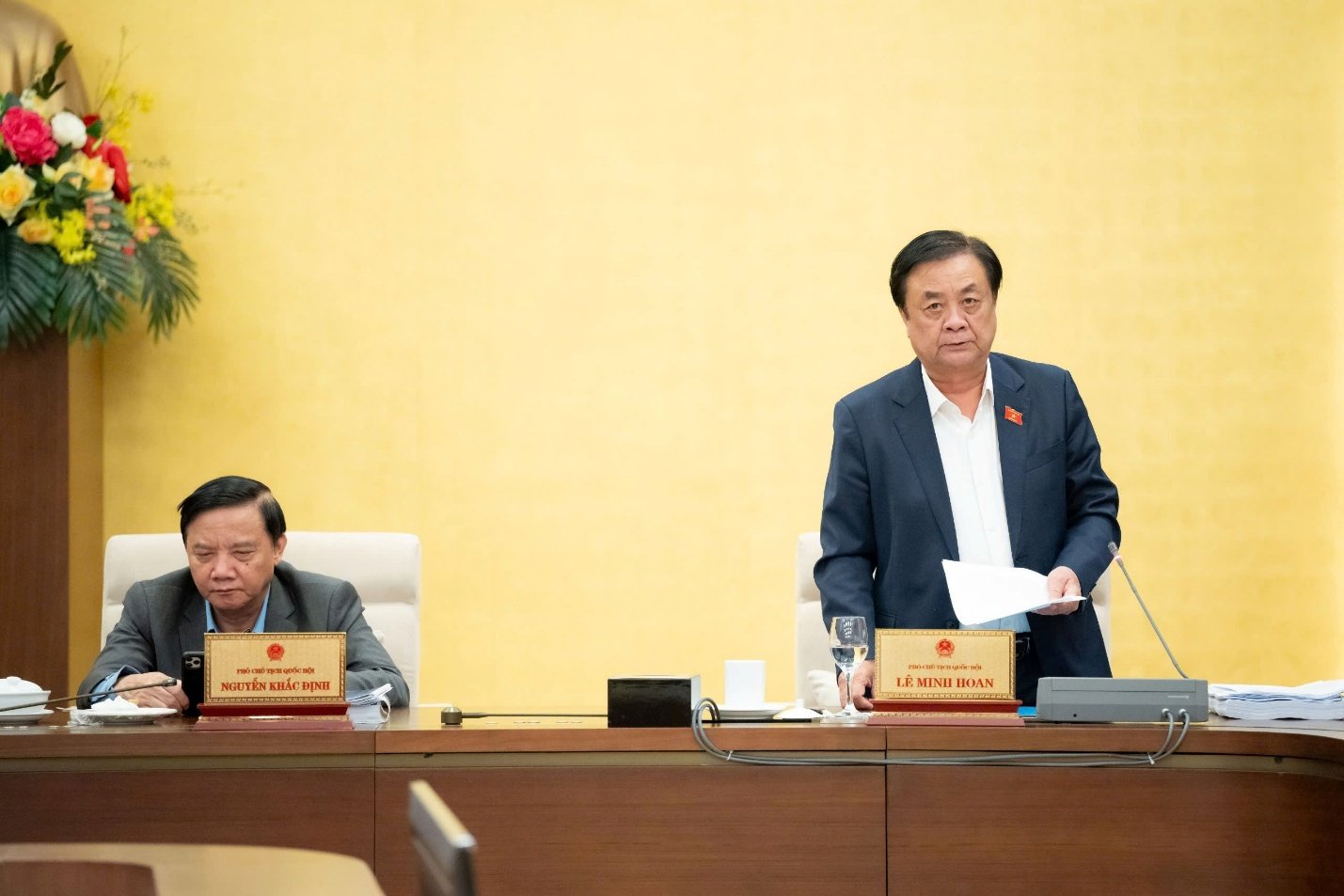













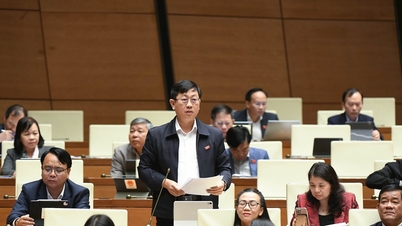







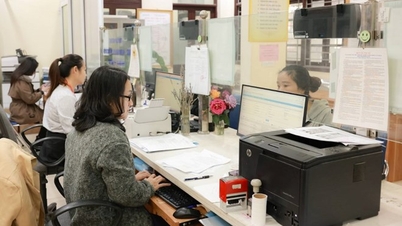







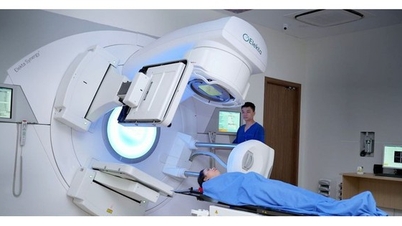


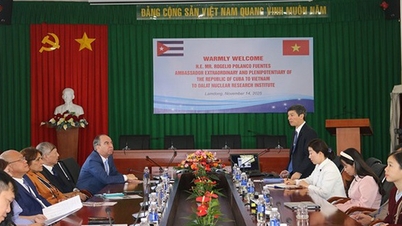

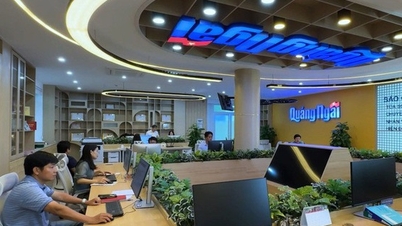


![[Photo] General Secretary To Lam and National Assembly Chairman Tran Thanh Man attend the 80th Anniversary of the Traditional Day of the Vietnamese Inspection Sector](https://vphoto.vietnam.vn/thumb/1200x675/vietnam/resource/IMAGE/2025/11/17/1763356362984_a2-bnd-7940-3561-jpg.webp)


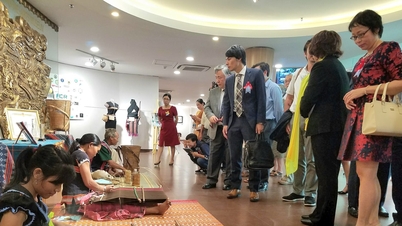






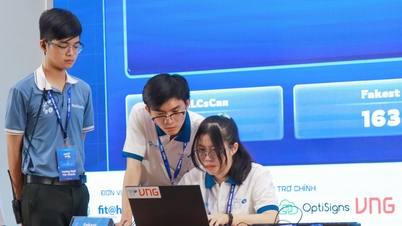


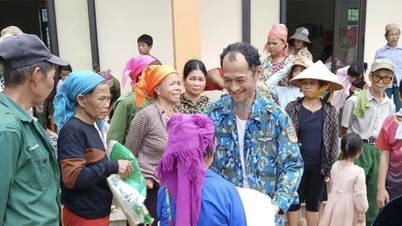











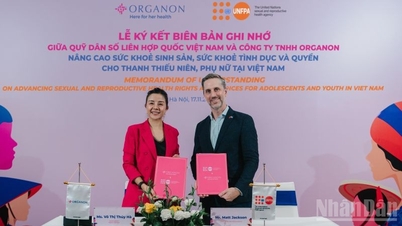










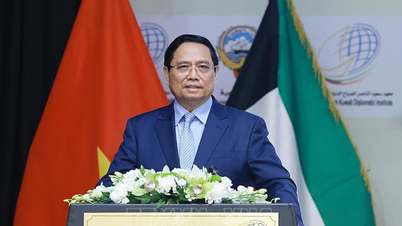

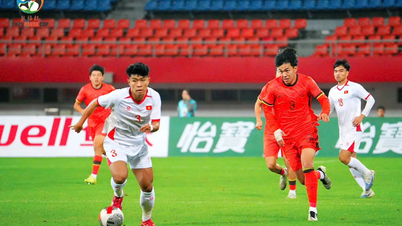









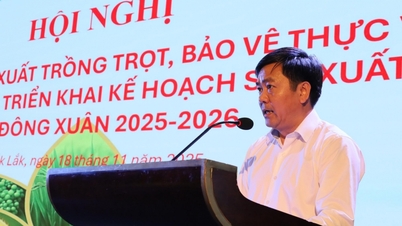


















Comment (0)